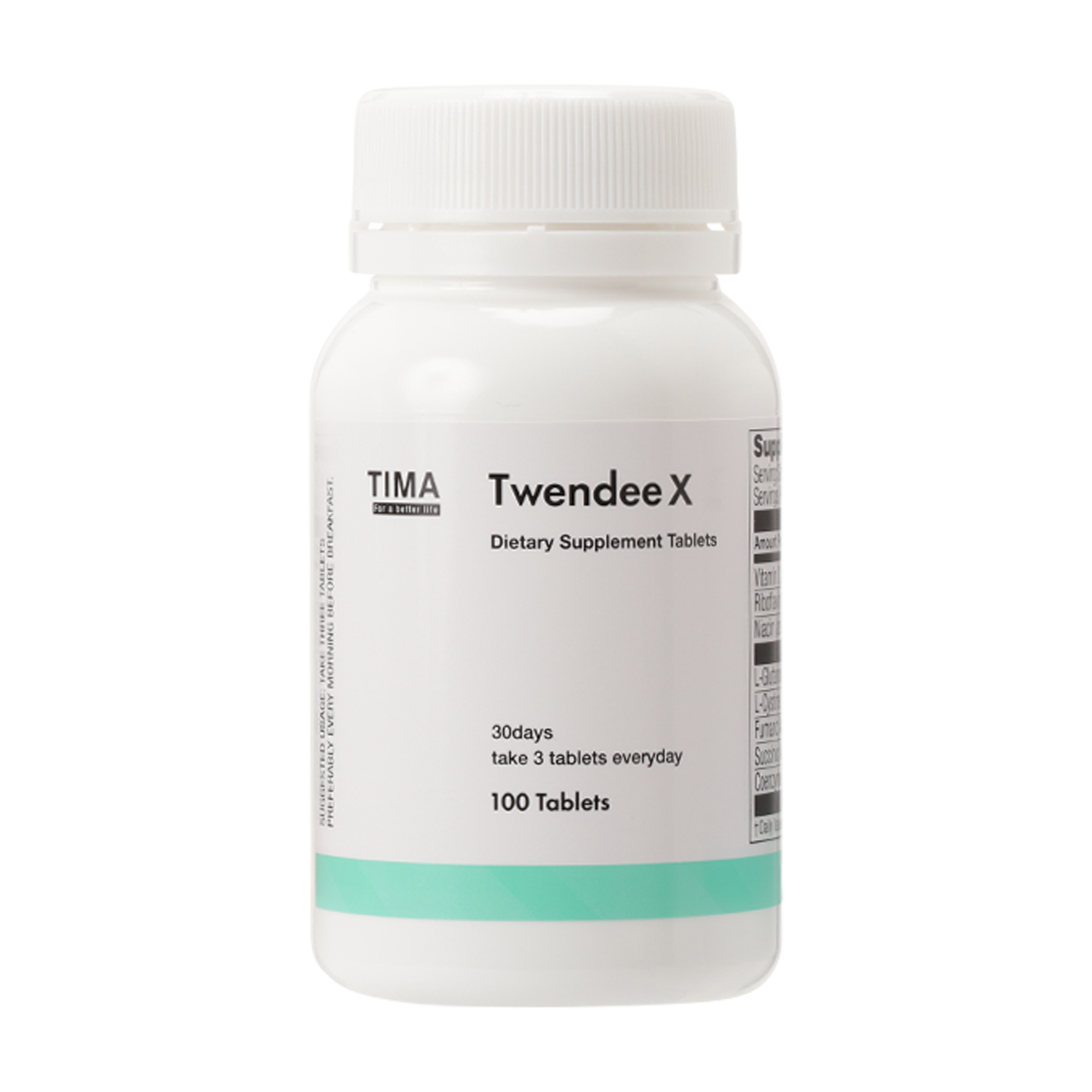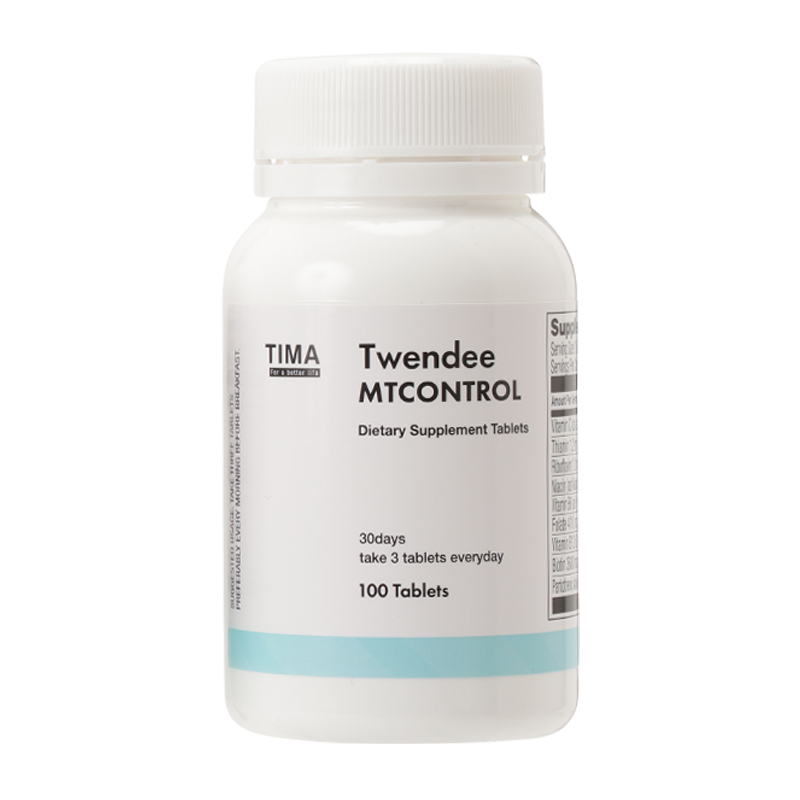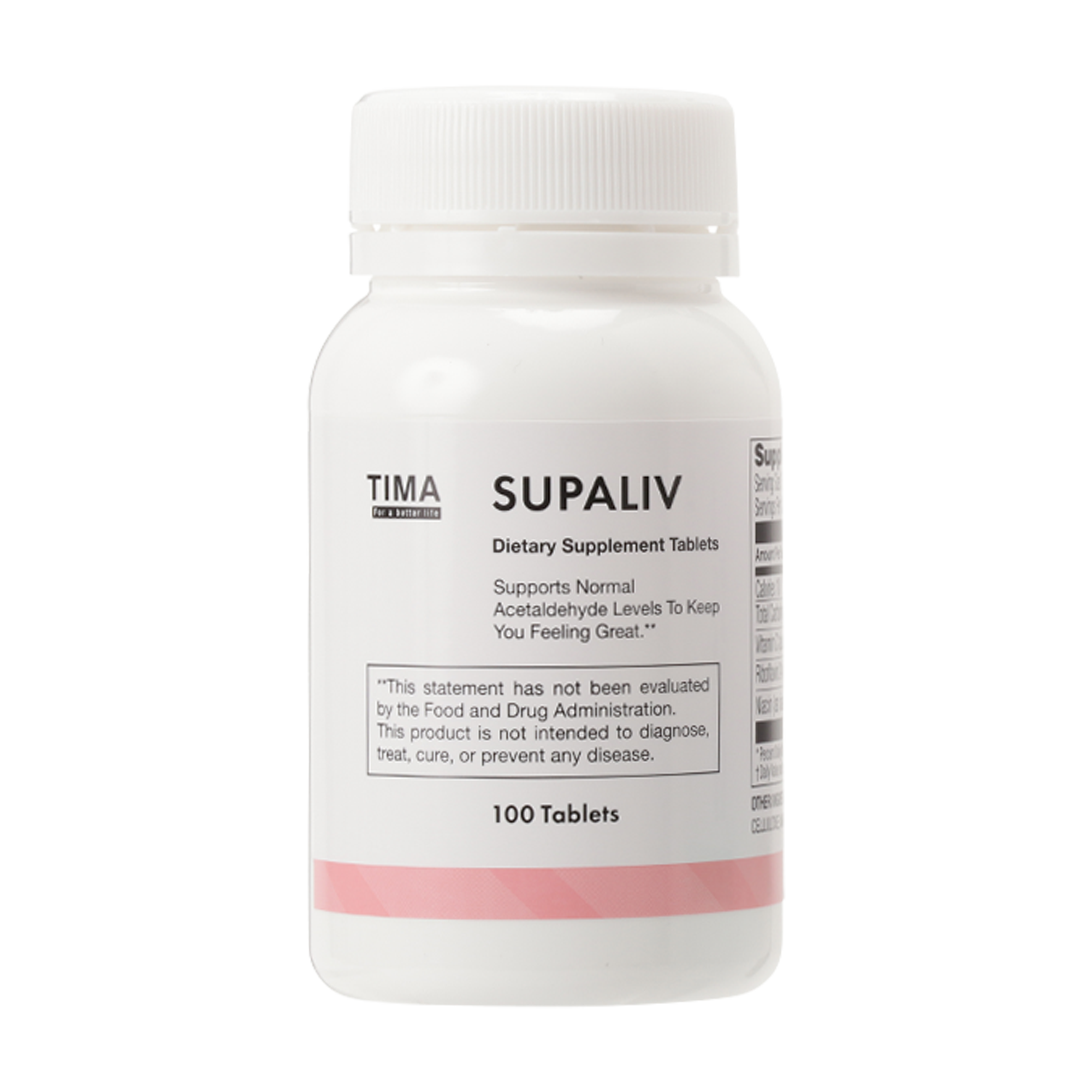Thesis on Oxidative Stress and "heart failure"
- Paper title
- Oxidative stress and redox signalling in cardiac hypertrophy and heart failure
- Abstract summary
- A better understanding of redox signalling mechanisms may enable the development of new targeted therapeutic strategies.
- Authors
- M. Seddon, Y. H. Looi, A. Shah
- Journal
- Heart
- Semantic Scholar URL
- https://semanticscholar.org/paper/697cdbd5b57f5a7a31726a14b00273d20a4e3243
- Abstract
-
Substantial evidence suggests the involvement of oxidative stress in the pathophysiology of congestive heart failure and its antecedent conditions such as cardiac hypertrophy and adverse remodelling after MI. Oxidative stress describes an imbalance between antioxidant defences and the production of reactive oxygen species (ROS), which at high levels cause cell damage but at lower levels induce subtle changes in intracellular signalling pathways (termed redox signalling). ROS are derived from many sources including mitochondria, xanthine oxidase, uncoupled nitric oxide synthases and NADPH oxidases. The latter enzymes are especially important in redox signalling, being implicated in the pathophysiology of hypertension and atherosclerosis, and activated by diverse pathologically relevant stimuli. We review the contribution of ROS to heart failure pathophysiology and discuss potential therapies that may specifically target detrimental redox signalling. Indeed, drugs such as ACE inhibitors and statins may act in part through such mechanisms. A better understanding of redox signalling mechanisms may enable the development of new targeted therapeutic strategies rather than the non-specific antioxidant approaches that have to date been disappointing in clinical trials.








